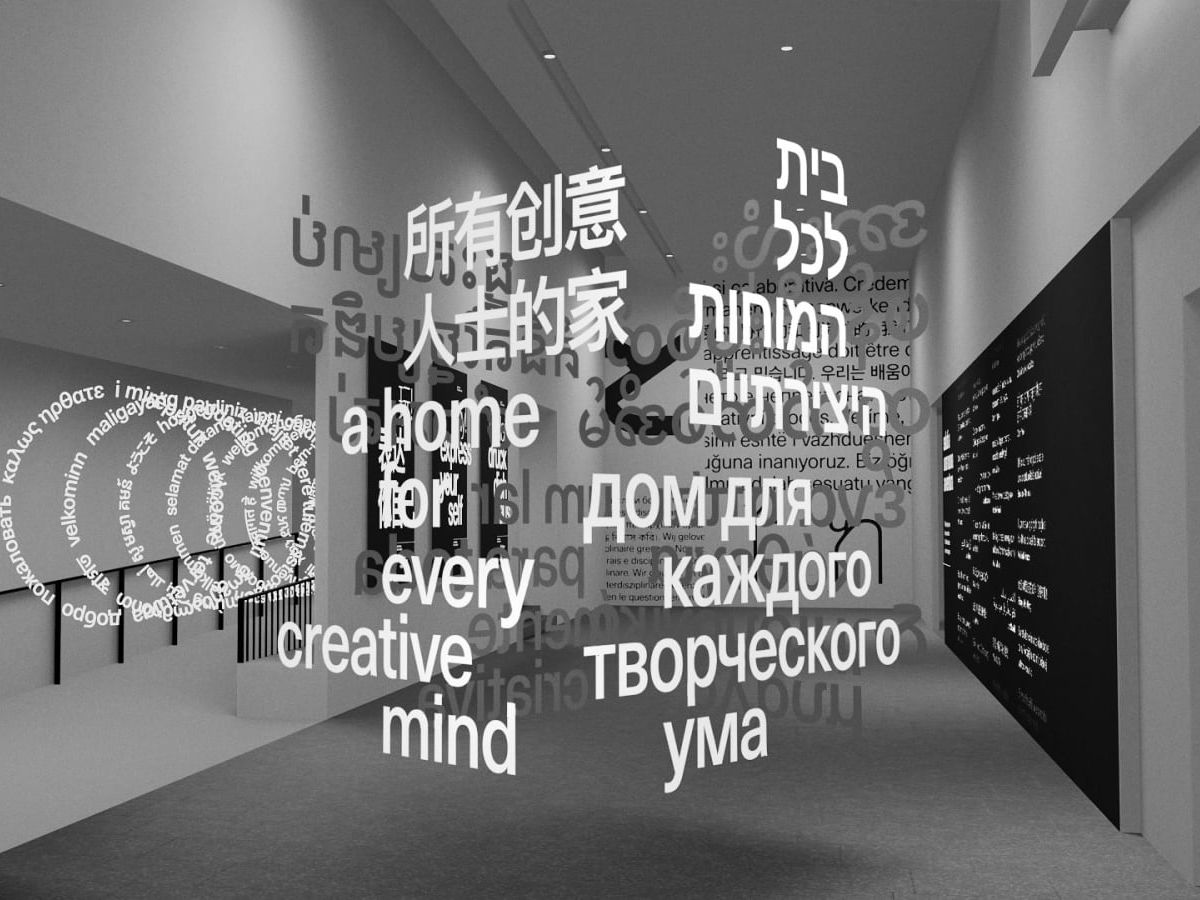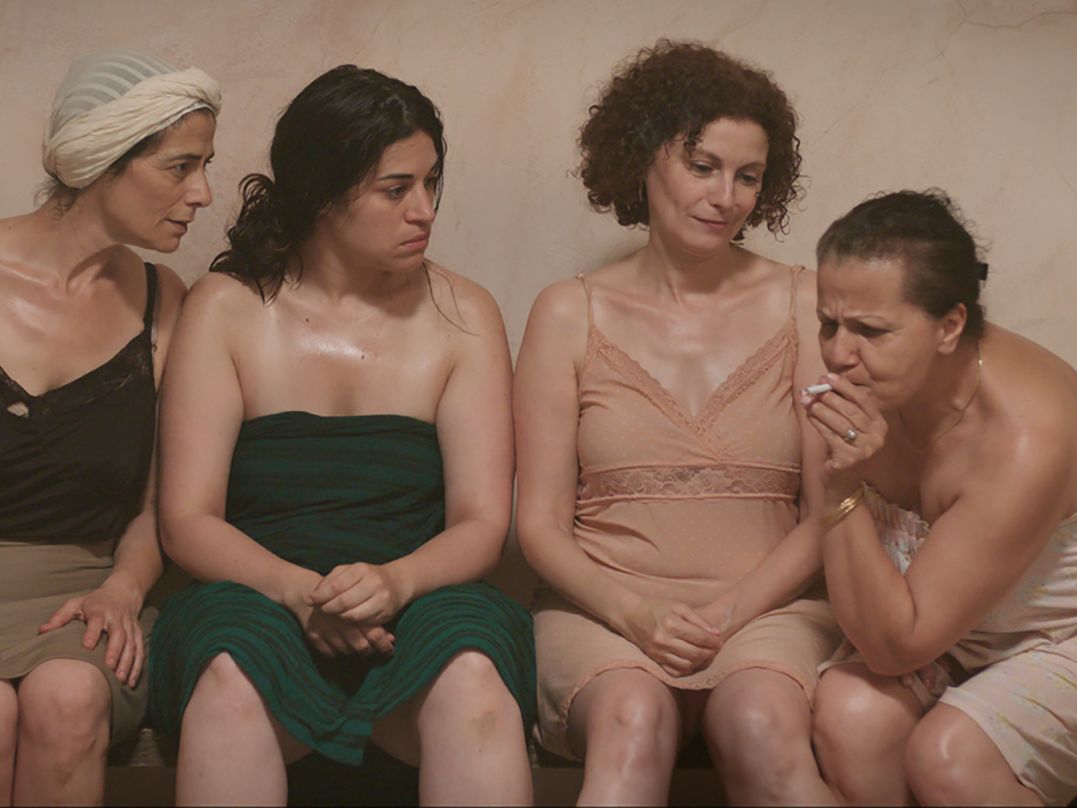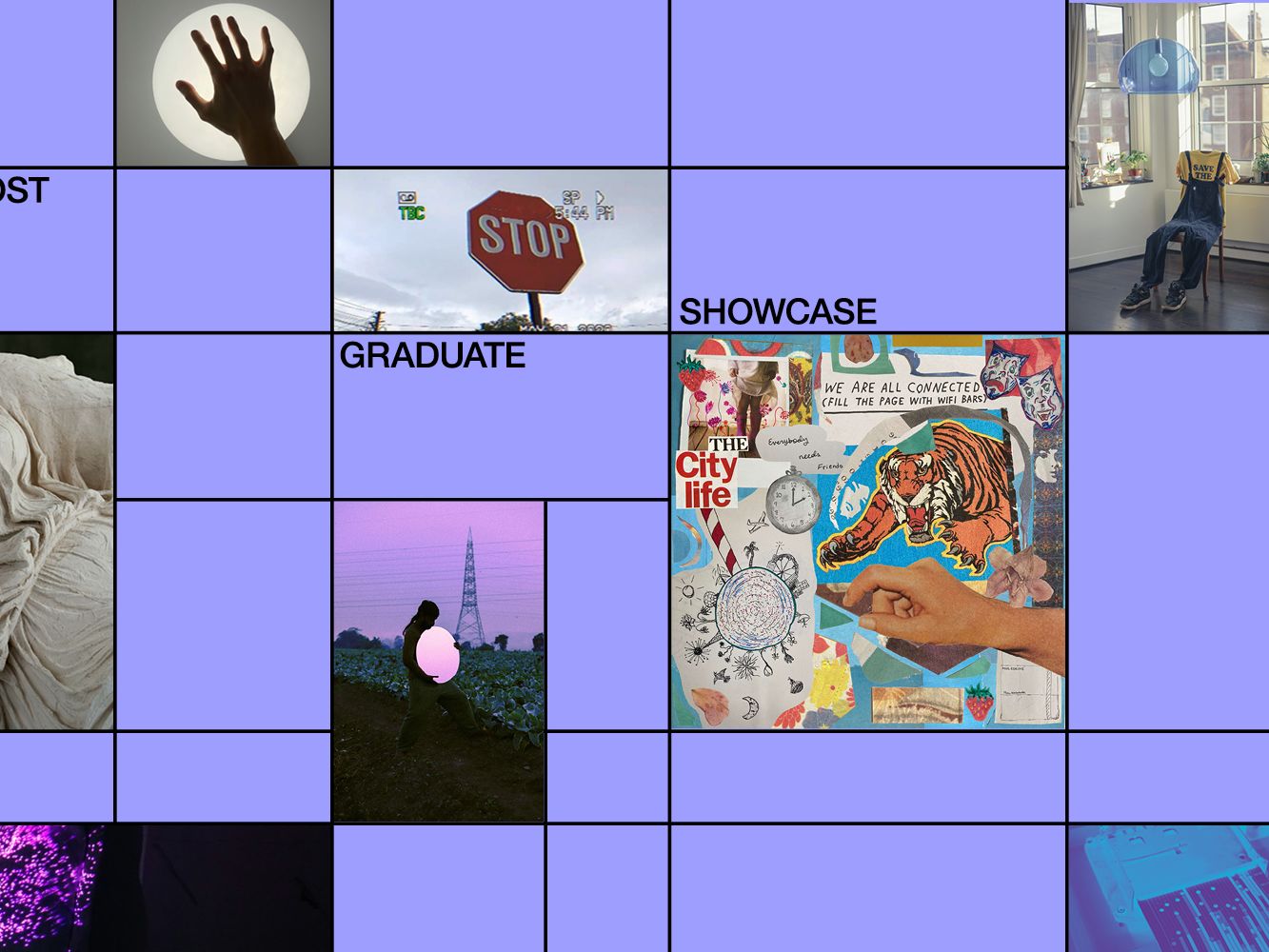
International Women's Day: Women Behind the Lens
To mark International Women's Day 2021, Student Changemaker Ana Blumenkron shares her thoughts on the need for greater diversity in the film and photography industries.
8 March marks International Women's Day, an annual initiative which aims to celebrate the social, economic, cultural and political achievements of women while calling for greater gender equality.
With activities taking place across the globe, we asked our students to join the conversation and share their thoughts around the theme for 2021, 'Choose to Challenge', which asks supporters to call out gender bias and inequality in order to inspire change.
In this feature, BA (Hons) Media Communications student and LCC Changemaker Prachee Mashru explores her mother's lessons of determination and resilience in the fashion and textiles industry, and considers the importance of taking action to facilitate wider creative change.
No matter the situation I’m in, from the smallest headache to being drowned in coursework, my brain echoes this in my mother’s voice.
For as long as I can remember, my mother always reminded me of this quote - on my good days and my bad. She didn't realise at the time that she was altering my perspective to how I could approach challenges in the future.
I’ve been a Changemaker at LCC for almost a year now. This role entails playing ‘a sustained partnership role in curriculum and pedagogic development through the lenses of liberation and decolonisation’. We’re expected to face the challenges our curriculum is facing headfirst, and to approach them with a liberal and decolonised perspective - including, but not limited to, working on course developments through approvals and understanding the academic enhancement model. Essentially, to identify challenges and work on changing them.
During my time as a Changemaker, we’ve developed the Decolonising Wikipedia Network, which allows students and staff to collaborate, create and edit Wikipedia pages for underrepresented practitioners. When taking on this initiative, the leading question we all had was: why isn’t there enough conversation about representation, especially for women?
My mother is a textile designer in India who pursued her MSc after being married. Growing up, her options as a creative were limited simply because of the lack of women in male-dominated industries like fashion and garment exportation. To be seen at a factory, manufacturing clothes and sitting with male tailors to get her pattern cut exactly the way she needs, was something that she could only imagine would ever work in her favour.
Many women in India haven’t been able to enter the creative industries or to stray away from their roles as a wife, mother and a woman in wider society. In 2016, the Independent covered a survey on social attitudes which found that around 40-60% of men and women believe married women ‘should not work if the husband earns reasonably well.’
In that situation, my mother chose to confront the hardships in front of her - challenging the stereotypes of being a ‘traditional wife’ and facing the patriarchy head-on by being the only woman in most rooms, as well as a female creative. Now, she runs 3 production factories, manufacturing and exporting over 25,000 shirts a month for companies in Germany - all because she chose to challenge the obstacles facing her.
Institutionally, we see a lot of inequality for women, especially women of colour, irrespective of the industry we step foot in. A study published by Glamour Magazine showed that out of 50 major fashion companies, only 7 of them had women in executive-level positions. In 2020, a report by the World Benchmarking Alliance a report highlighted gender inequality in the apparel industry, showing that the underlying problem with the fashion industry as a whole is its lack of representation - and not only around designers and models. Gender inequality goes beyond class systems and hierarchies to include the underrepresentation of women labourers and tailors due to cultural and societal barriers.
This is why an initiative like our Decolonising Wikipedia Network is important - not only does it help us to amend misrepresented information, but creates an opportunity to give all women platforms and pages to grow and expand. Anyone can find more information about someone they identify with, that maybe looks just like them!
My mother did not single-handedly solve misogyny or improve the work environment for women in fashion and textiles, but she decided to try to challenge it. For me, International Women’s Day used to always be about celebrating the women around me for what they had achieved and how far they had come. However, I now choose to acknowledge not only the women that were able to move past those hardships and problems, but to those women who tried - who chose to challenge them.

To mark International Women's Day 2021, Student Changemaker Ana Blumenkron shares her thoughts on the need for greater diversity in the film and photography industries.

We explore the Changemakers Initiative at London College of Communication, which enables students to explore, discuss, question and shape academia.

We chat to Emma Bouraba about Rayhana Obermeyer’s ‘I Still Hide to Smoke’ and the highlights of her time so far at London College of Communication.

Explore our Postgraduate Showcase from Thursday 28 January as we celebrate inspiring new work across design, media and screen.